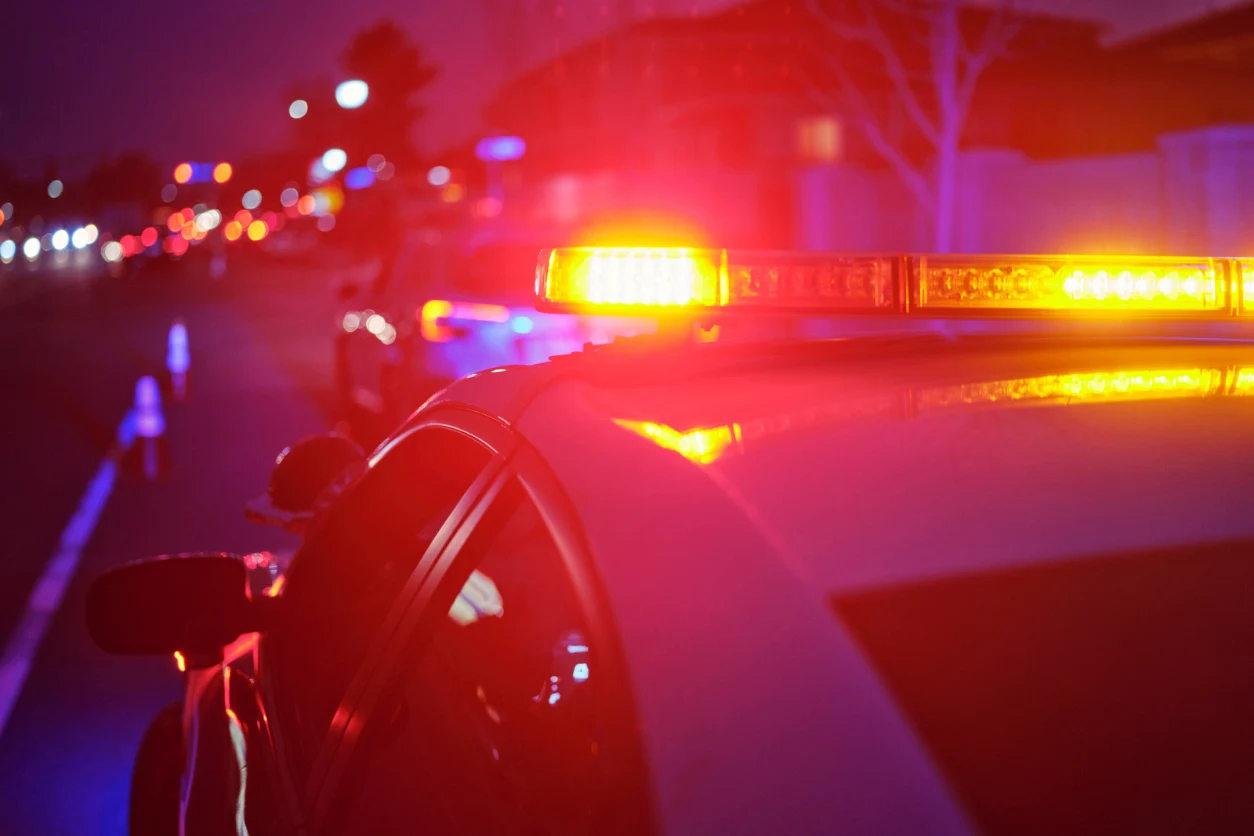
Don’t drink and drive is a common saying that is a cornerstone of our relationship with alcohol. Most people factor in not being able to drive when drinking and plan accordingly. It doesn’t go this way all the time, unfortunately, and many people drink and dive – with tragic consequences.
Drug driving is something that people are less aware of – but they should be.
With headlines such as “Drug driving arrests outstrip drinking offences”, it begs the question, is drug driving increasing in the UK?
If you are seeking support for addiction or know someone who is, it’s important to know about the realities of drug driving, whether it is increasing and what resources are available to help.
What is Drug Driving?
Drug driving is the act of operating a vehicle while you are under the influence and impaired by substances – legal and illegal.
Just like alcohol, drugs can have effects on you that impair your ability to drive safely. Drug use can affect your coordination, reaction time and concentration. Drugs such as LSD can cause hallucinations, which would affect your driving, whilst others may lead to panic attacks or cause you to take more risks.
As stated above, it’s not only illegal drugs such as cocaine and cannabis that you’re not allowed to take before driving. Some prescription medicines, such as opioids and benzodiazepines, can impair driving, too.
Is Drug Driving Increasing in the UK?
The numbers back up that drug driving is on the rise. In the latest available government report, the percentage of deceased drivers that had impairing drugs detected in their system rose from 20% in 2014 to 30% in 2022.
A campaign of roadside testing by the police forces in December 2024 showed that in England and Wales, 48.5% of tests were drug-positive, compared to 9.5% of breath tests for alcohol.
Figures have risen in drug driving due to increased awareness, with campaigns by police forces and charities to highlight the dangers. There has also been increased roadside testing, and new saliva-testing technology may be rolled out, increasing the speed at which drivers can be banned.
Why is Drug Driving on the Rise?
There is no one answer to why drug driving is on the rise. One explanation could be the accessibility of prescription and illegal drugs. In the latest ONS statistics, nearly 40% of people claimed it was fairly or very easy to obtain drugs within 24 hours.
Increased accessibility brings the risk of greater misuse. People are also experiencing increased mental health struggles, stress and addiction rates – with the UK being the biggest users of cocaine and ecstasy in Europe.
Addiction can be a huge factor in drug driving. Being drug dependent can alter your behaviour, leading you to risk-taking behaviour. While under the influence, you might not fully grasp the consequences of your actions as you drug drive or engage in thrill-seeking behaviour as your inhibitions are lowered.
Attitudes are also changing about drugs. Cannabis, in particular, is not treated as seriously due to legalisation in some states in the US and its recent decriminalisation in Germany.
The Legal Consequences of Drug Driving in the UK
The drug driving laws and penalties in the UK are strict. It’s illegal to drive if you are unfit to do so because you are under the influence of illegal or legal drugs. It’s also illegal to drive if you have a certain level of illicit drugs in your system, even if it is not affecting your driving.
The threshold limit on illegal drugs can be as low as 5 and 2 microgrammes per litre of blood (heroin and cannabis) or much higher for legal drugs like diazepam, where the limit is 550.
The penalties for drug driving include:
- Minimum 12-month driving ban.
- Unlimited fines and possible prison sentences of up to 6 months.
- Criminal records and increased insurance costs.
Having a drug-driving offence can affect your employment. If your job revolves around driving, then being unable to do so and having the offence on your record will severely limit job opportunities. Your offence will also appear on DBS checks, which may make it more difficult for you to find employment.
The Risks and Dangers of Drug Driving
Drugs physically and psychologically impact you. This can cause you any number of problems while driving, such as:
- Slowed reactions
- Poor judgement
- Hallucinations
- Overconfident or aggressive driving
- Motor skills impairment
- Fatigue
- Impaired concentration
There are real-life consequences to drug driving. In November 2024, a 12-year-old boy was hit by a car in Lancashire, where the driver was under the influence of drugs. In the same month, a man was jailed for 10 years after crashing his car, which resulted in the death of two of his friends – he’d been using cannabis and cocaine.
Many stories like this only emphasise the risk of accidents, injuries, and fatalities that are caused by drug driving.
Recognising the Signs of Substance Misuse
People who drug drive regularly are likely suffering from an addiction. If you are worried about someone’s substance use, there are signs you should watch out for.
Signs of substance misuse include:
- Erratic behaviour and poor decision-making
- Sudden changes in physical appearance and hygiene
- They have become more secretive and defensive
- Taking more prescription drugs and becoming dependent
- Financial problems
- Neglecting responsibilities
It’s difficult to talk to someone about their drug addiction. When you do, you should:
- Pick the right moment
- Be prepared
- Be patient and empathetic
- Educate yourself about addiction
- Listen
- Avoid being judgemental
What is important is that you talk to them sooner rather than later. Addiction is destructive, and they are only putting themselves and others at risk with their behaviour, especially if they are drug-driving.
Treatment Options for Drug Addiction and Dependence
If you are struggling with addiction, professional treatment may be needed. Rehab centres have the expertise and resources to help you physically and psychologically recover from addiction and give you the best chance of achieving long-term recovery.
At Action Rehab, we have many available treatment programmes that are proven to help.
- Detox programmes to safely remove substances from your body.
- Counselling and therapy, including cognitive behavioural therapy (CBT), are needed to learn better-coping mechanisms.
- Holistic treatments address emotional and mental health, improving your overall well-being.
- Aftercare programmes for long-term support and relapse prevention so obstacles post-rehab can be more easily overcome.
Raising Awareness and Taking Action
If action is not taken, the drug-driving statistics in 2025 will only increase. It’s a legal and public health issue that needs to be addressed by the authorities and people in general.
If you or someone you know is suffering from addiction, then you need to be responsible and get help and not allow impaired driving to become part of your life.
The good news is that help is out there. Action Rehab is a referral service that can get you into a rehab that is suited for your situation. We also offer confidential advice, assessments and information on addiction treatment programmes.
To find out more, call us now at 0151 268 6992.
Posted on Friday, January 17th, 2025 at 1:05 pm in Latest News.






 Call Us
Call Us Contact Us
Contact Us